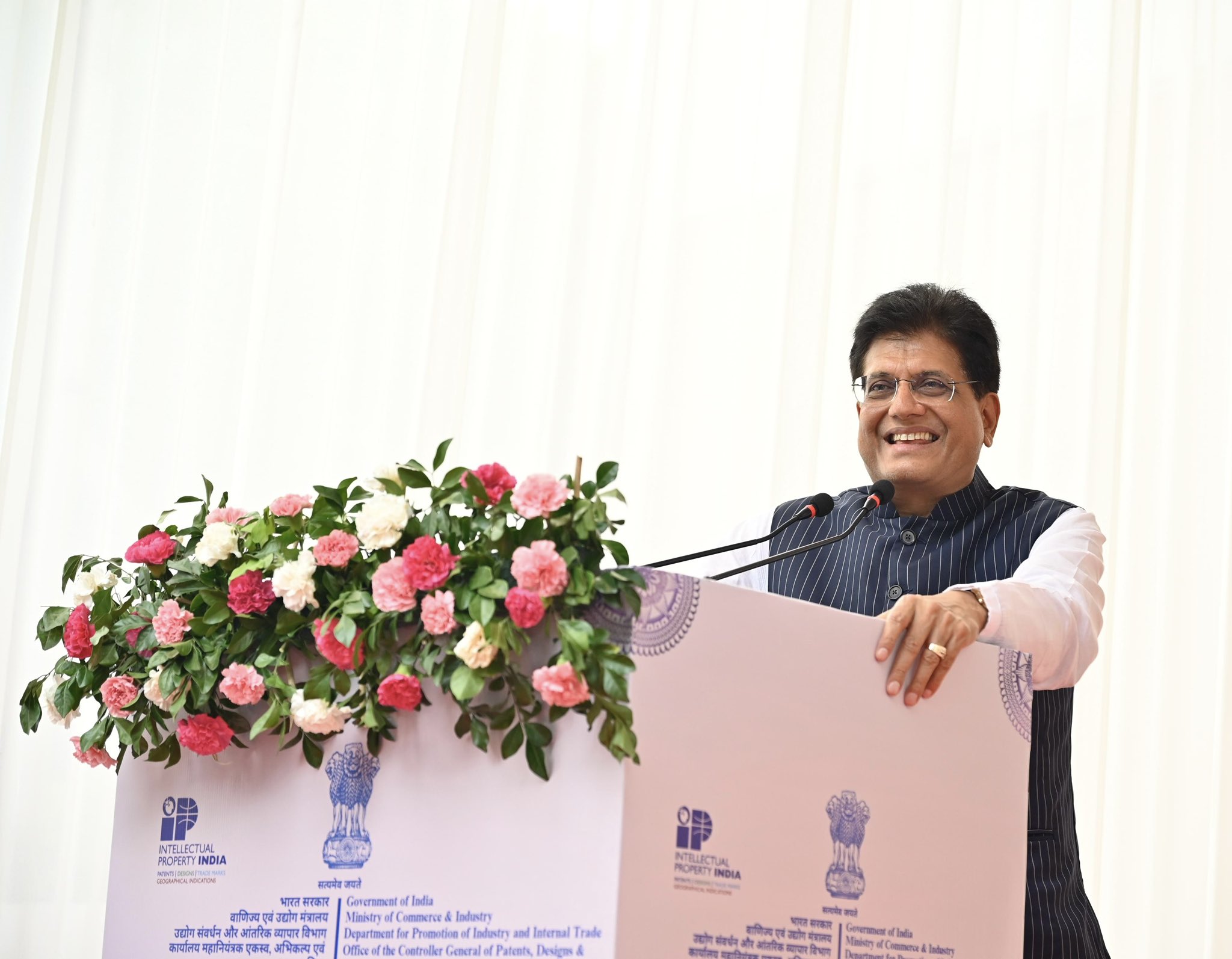After years of slow progress and then months of hectic parleying, 136 countries and jurisdictions have agreed to an international tax reform agreement that sets a global minimum corporate tax rate and seeks to reallocate taxing rights in an effort to stop profit shifting.
India Impact
Developing countries are expected to gain more revenue than advanced economies, the OECD estimates as the aim is to "re-allocate some taxing rights over MNEs from their home countries to the markets where they have business activities and earn profits, regardless of whether firms have a physical presence there".
In exchange, unilateral measures such as digital services tax must stop. The agreement requires all countries to remove any digital tax levied on companies and commit not to introduce such a measure in the future. Currently, countries such as France and India are in a small but growing set that levy such a tax.
No new digital services or similar measure can be imposed starting Oct. 8, 2021 and up to Dec. 31, 2023 or earlier if the multilateral agreement comes into force, the OECD framework said.
While India has broadly supported the international tax reform it has remained ambivalent about eliminating its digital tax or equalisation levy.
There are two important changes in the final statement which would impact India, says Ajay Rotti, partner at tax consulting firm Dhruva Advisors.
"Firstly, India was always pushing for a higher allocation to market jurisdictions and that has been agreed at 25%. While this is the mid-point of the 20-30% range discussed earlier, it is still higher than what was agreed to by the G7," he said. "Secondly, all countries have agreed to roll back their digital levies with the introduction of the multilateral measures or December 2023. This would mean that Equalisation Levy would have to get rolled back."
The finance ministry's position on this isn't known yet.

 RECOMMENDED FOR YOU
RECOMMENDED FOR YOU




